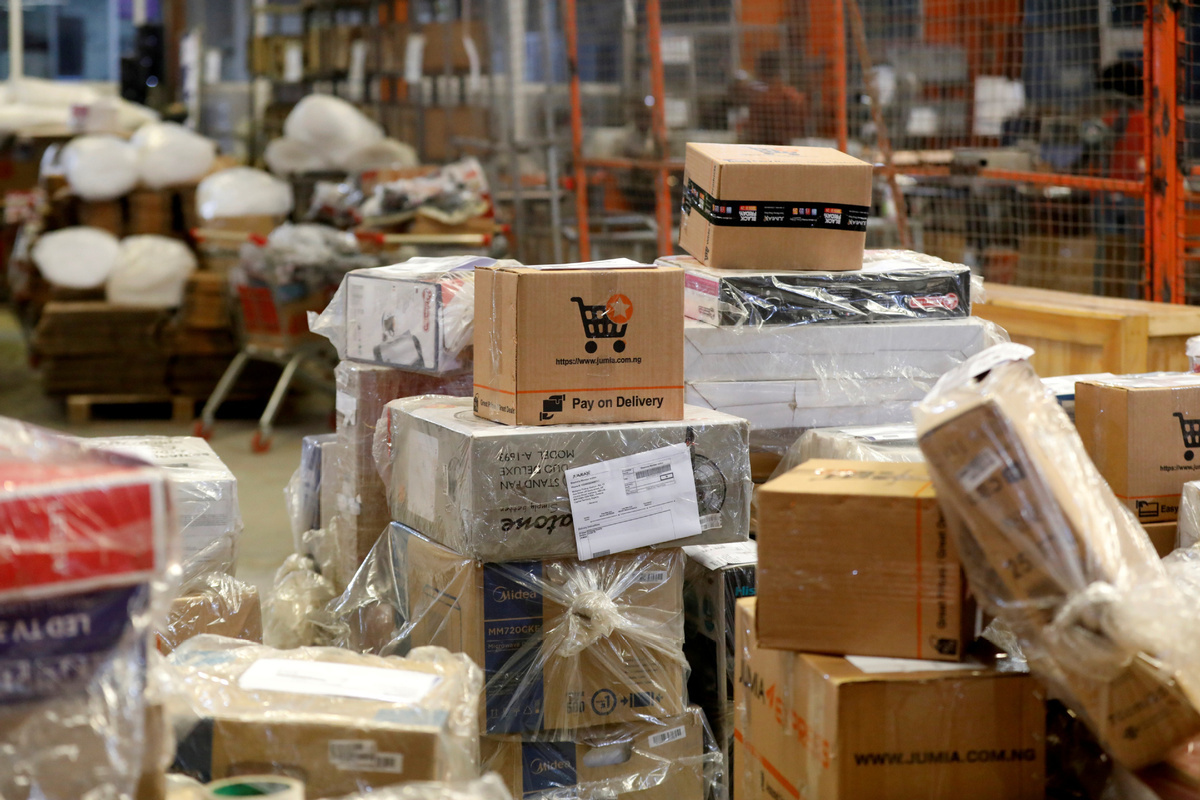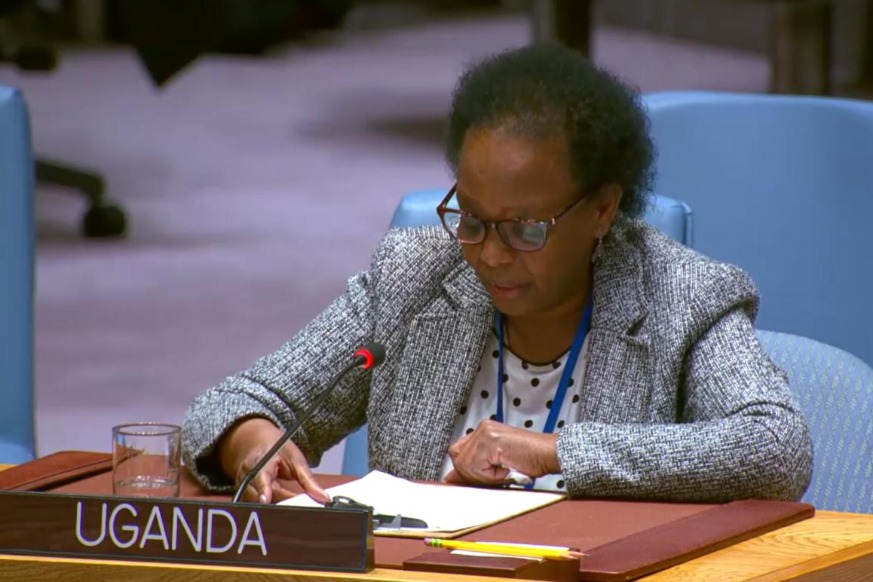AfCFTA provides e-commerce opportunity for youth


East African youth have been urged to embrace e-commerce in order to benefit from a $26 trillion global online sales market ahead of Africa Continental Free Trade Area, which kicks off in January. The proclamation was made during a virtual forum dubbed 'Trade Beyond Covid-19: Unpacking the AfCFTA for East Africa', hosted in Nairobi on Nov 24.
According to Pamela Coke-Hamilton, the executive director at the International Trade Centre, online marketplaces could drive inclusive growth across Africa, with e-commerce likely to create as many as three million jobs by 2025. She added the youth should abandon outdated business models for e-commerce to drive intra-regional trade and attract benefits.
"AfCFTA members should remove obstacles in the digital space with synchronized regulatory approaches that check the fracturing of African states by technology giants. The opportunities and challenges of e-commerce in Africa interplay with other policy issues," Coke-Hamilton said. "Young people and women in business needed to take note urgently of the disruption of old business models and adapt quickly. E-commerce can lower entry barriers and help connect MSEs with global markets and value chains by providing the services needed to facilitate their exports."
AfCFTA was established by the African Union in 2018 to create a single continent-wide market for goods and services and promote the movement of capital and natural persons. Trade under AfCFTA was supposed to commence this year but due to the coronavirus pandemic, it was postponed to January 2021 as decided by the African Union and the AfCFTA secretariat.
Speaking during the forum, Betty Maina, Kenya's cabinet secretary for industrialization, trade and enterprise development, said Kenya had developed a draft national AfCFTA strategy that aspires to contribute to national development by securing opportunities for youth to market goods and services within the African region.
"AfCFTA's efforts at leveraging digital technologies to boost intra-African trade and investment is aligned well with Kenya's information and communications technology capabilities and national priorities. Prioritizing e-commerce will support Kenya's efforts to tap into and build on the digital capabilities of our youth and integrate micro, small and medium-sized enterprises into regional value chains," Maina said.
"For the free trade area to work optimally, there are many technical issues to be worked out. Key among them is putting in place cross-border payment systems to allow countries to trade in their currencies rather than reverting to international payment systems," she added.
Coke-Hamilton also revealed ITC plans to provide capacity-building and advisory services that will enhance the continental business environment, strengthen national and regional trade support institutions and improve the competitiveness of women and youth-led enterprises under its One Trade Africa program.
































